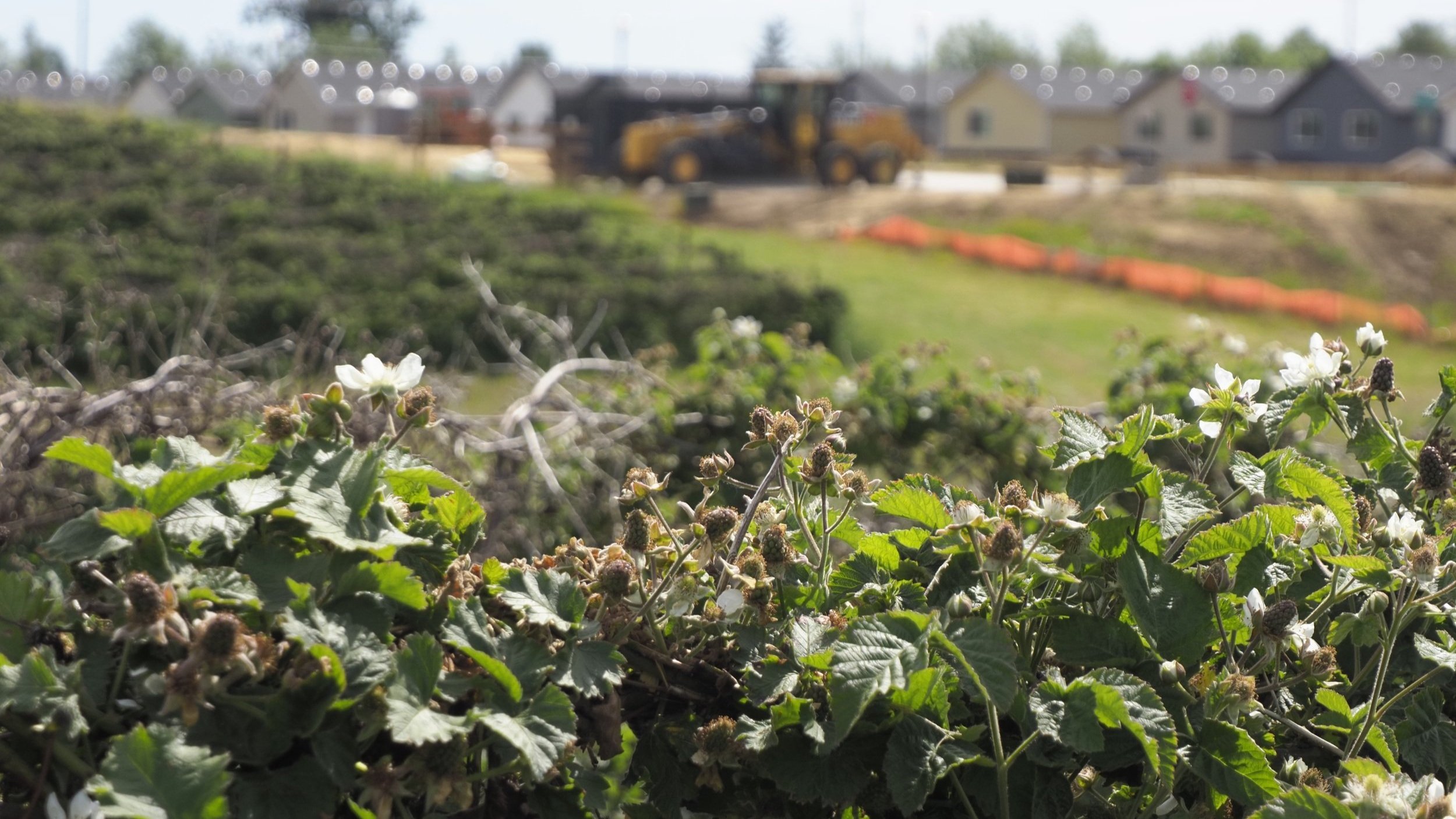About the Peri-Urban Agriculture Network
Many peri-urban regions are at a point of dramatic and uncertain change as formerly rural agricultural communities meet up against growing, modern urban centers. Urbanization presents challenges to agricultural viability because of land-use pressures and a slow unraveling of historic land-based economies and cultures. These circumstances can be very destabilizing for farmers operating in peri-urban regions, and highlight the need for agriculture in these areas to be efficient, well-informed, current, networked, and unafraid to evolve and diversify. We are also in a time of unprecedented opportunities for an agricultural renaissance in these regions, through growth of a diversified, multitiered agricultural economy that supports agricultural enterprises on a wide range of scales, innovative value-added market structures and the preservation of a land-based culture that values farming and food. The Peri-Urban Agriculture Network is a project of Washington State University, that was founded through funding from a Western Sustainable Agriculture Research and Education (WSARE) grant. The goal of the network is to educate and empower growers, university researchers and educators, private business, governmental agencies, and nonprofit organizations to work together on strategies for sustaining agricultural viability in regions experiencing acute urbanization and land use pressure. MISSION
The Peri-Urban Agriculture Network aims to provide a supportive network of farmers, researchers, educators, policymakers, and community stakeholders working together to facilitate education and develop long-term strategies to keep farms and agricultural lifestyles viable in the face of urbanization pressures.
VISION
The Peri-Urban Agriculture Network is a platform to support the short-term resilience, long-term sustenance, and overall vitality of agriculture as a culturally relevant and economically sustainable enterprise in peri-urban regions and within an urbanizing world.

